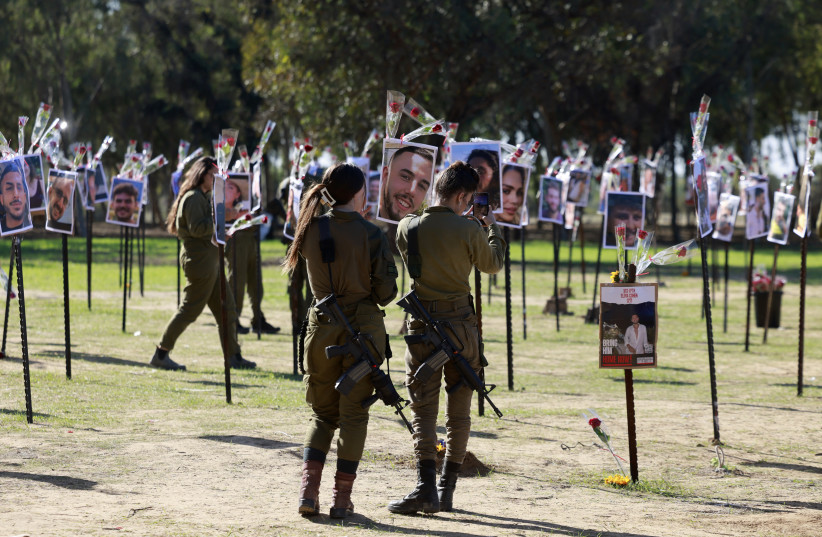"We must publish the video of the atrocities and show the world what they did to us - right now, they only see Gaza," stated Minister Nir Barkat, accusing PM Netanyahu of preventing its distribution.
However, history proves that publishing harsh documentation has far-reaching implications, not only on global public opinion but also on international policy.
During the Darfur genocide in Sudan in 2003, the lack of documentation, resulting from the government's prevention of foreign media access, led to the conflict being relatively marginal in the global media. On the other hand, in the ongoing Russia-Ukraine war, activists chose to publish extremely harsh videos, and the international response resulted in a global embargo on Russia and an impressive mobilization effort in support of Ukraine.
The debate on whether to expose documentation of the atrocities from wars or to hide them from the public eye and spare viewers the difficult, traumatic sights has existed since the world wars. Many photojournalists have argued throughout history that war photos reflecting human suffering can evoke compassion among their audience and motivate them towards anti-war action or protests.
On the other hand, there is concern that these harsh images cause trauma and even lead to distancing viewers from the situation on the ground, requiring a high news value to publish such documentation. Some researchers also claim that high doses of images of atrocities create emotional numbness and apathy among the public. Respect for the deceased is an ethical consideration that also receives legal attention in many cases worldwide.

Israel's side in the social media war
The choice not to publish graphic and harsh images has broader implications, and in some cases, it can even lead to denial of events. A prominent example of this is the choice of international women's rights organizations to fail to condemn the acts of sexual violence, rape, and sodomy committed against the victims of the October 7 massacre. This stance only changed after a focused and extensive campaign. This denial still resonates in social networks among pro-Palestinian activists.
The publication of the video of the late Shani Louk and the desecration of her body in the streets of Gaza is one of the most shocking videos that was circulated on social networks by Hamas, and it is an example of documentation that created a significant impact on public opinion.
This documentation led to international awareness of her abduction. Some 139 million people watched or used the hashtag of her name on TikTok, a Wikipedia page was opened recounting the story of her kidnapping and murder in captivity, and numerous articles were published in media channels around the world.
It is necessary to publish horrific videos like Shani's or disturbing parts from them. Palestinian propaganda works well because it shows the world, without censorship, the horrors they experience as a result of the war. Israel, which experienced the largest terrorist attack on a nation since September 11, refrains from publishing the authenticated videos in order not to create potential trauma among the general public and to remain sensitive to the victim's families.
In the current war against a terrorist organization, Israel is losing the battle for information and the international narrative. To evoke moral condemnation of Hamas' intolerable actions, it is impossible to show only the bearable images. If it comes at all, the condemnation will be too little and too late.
